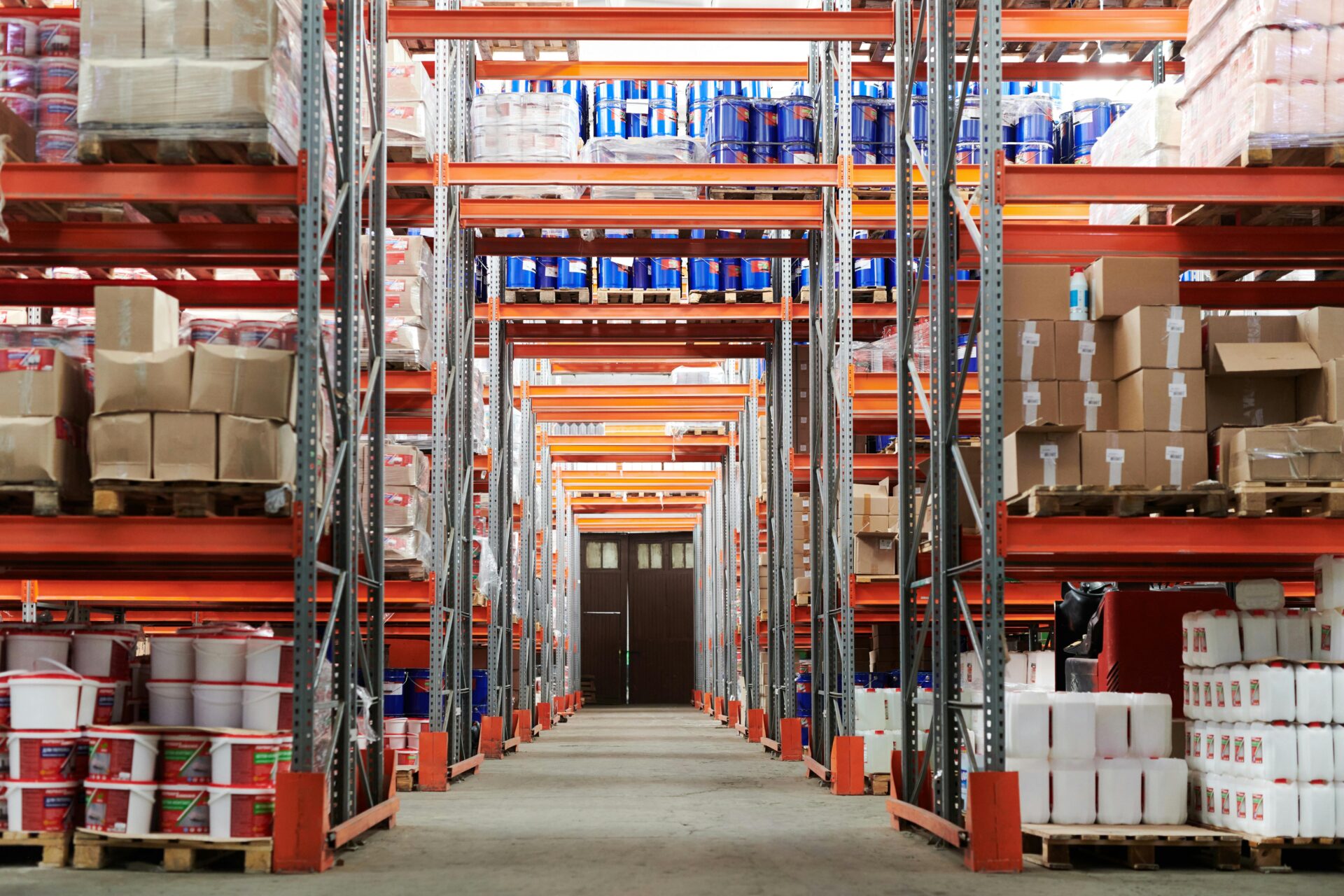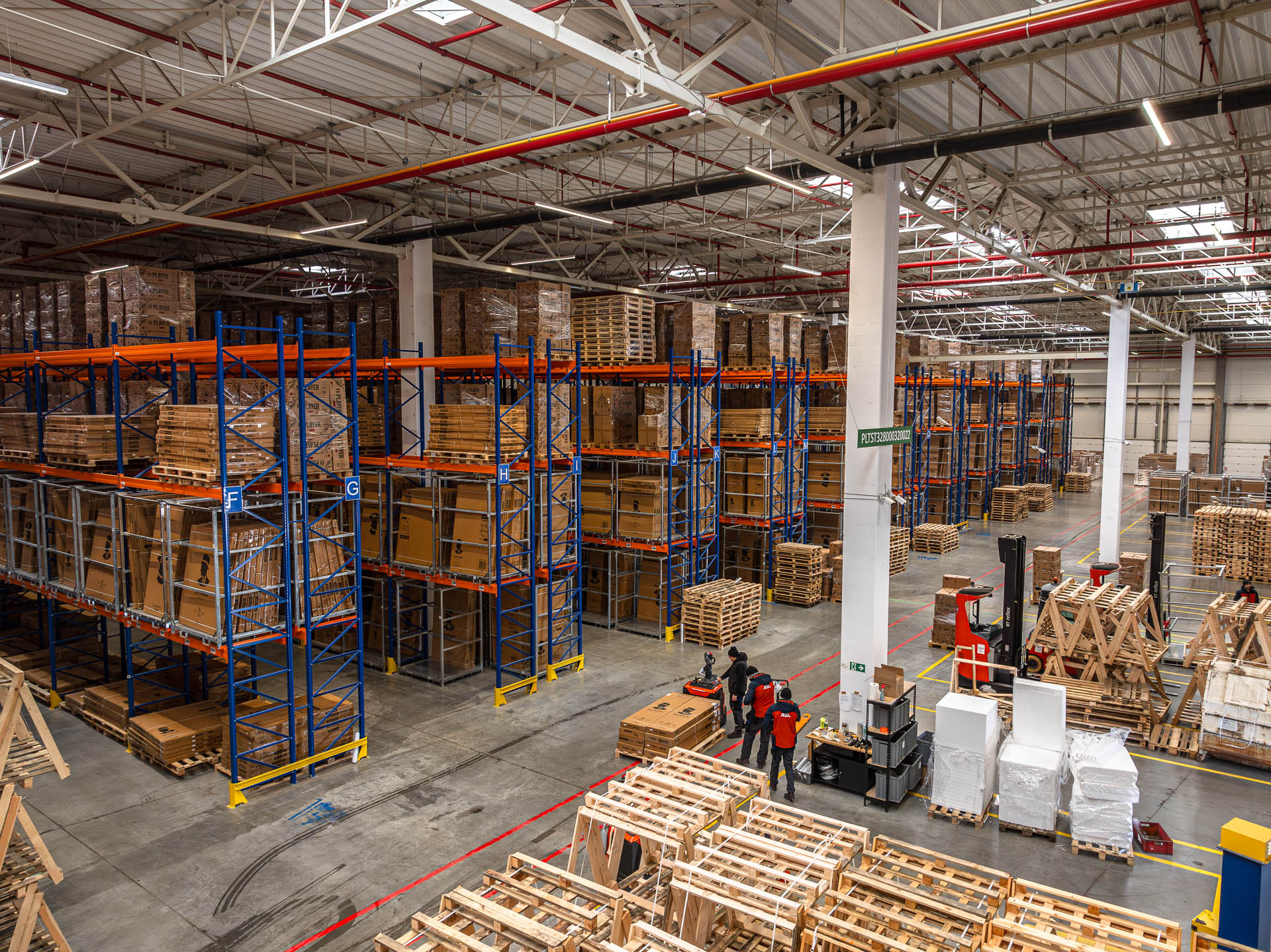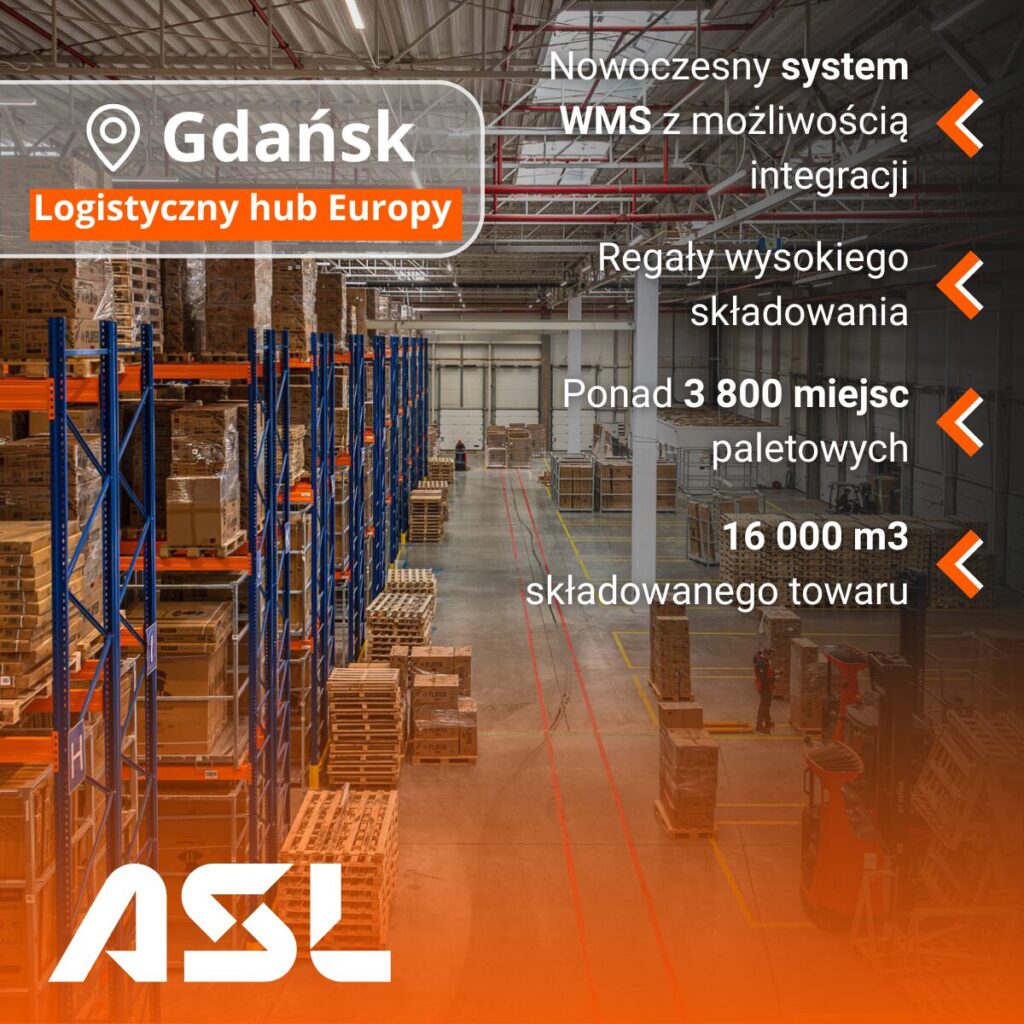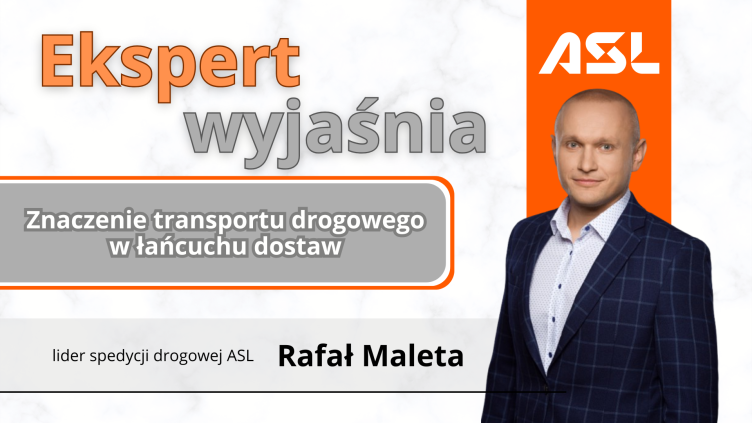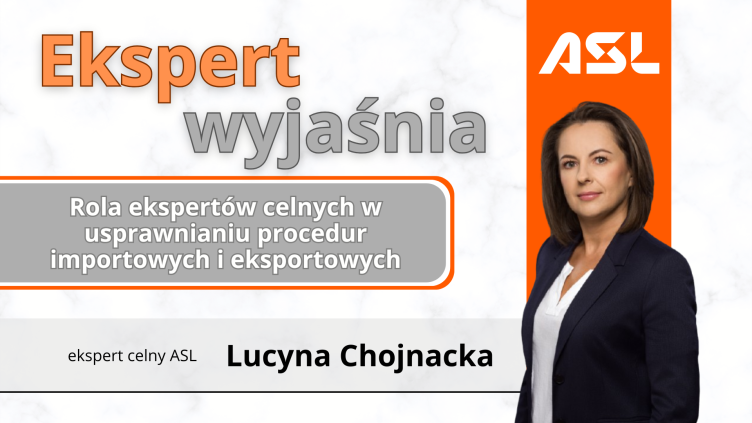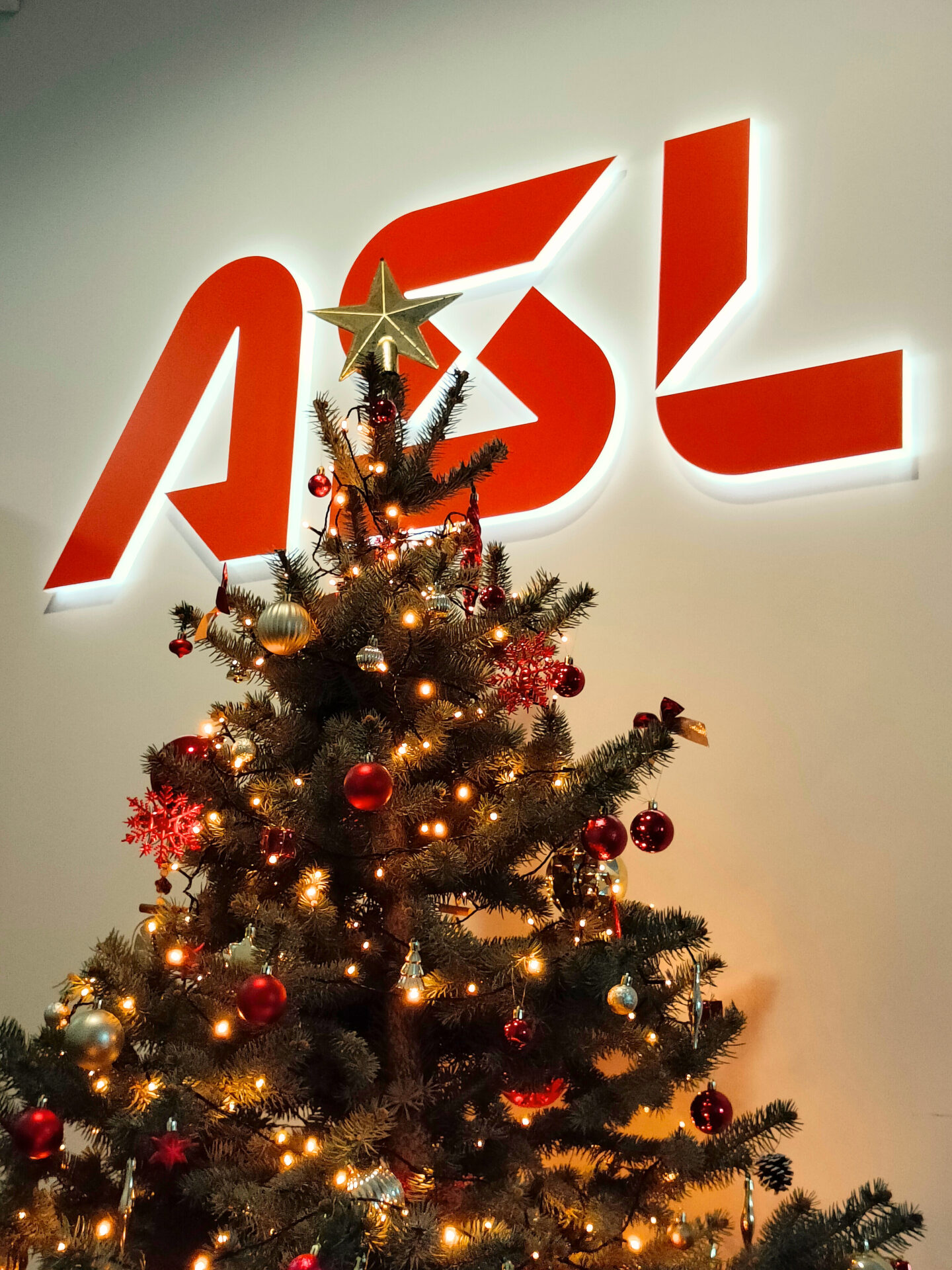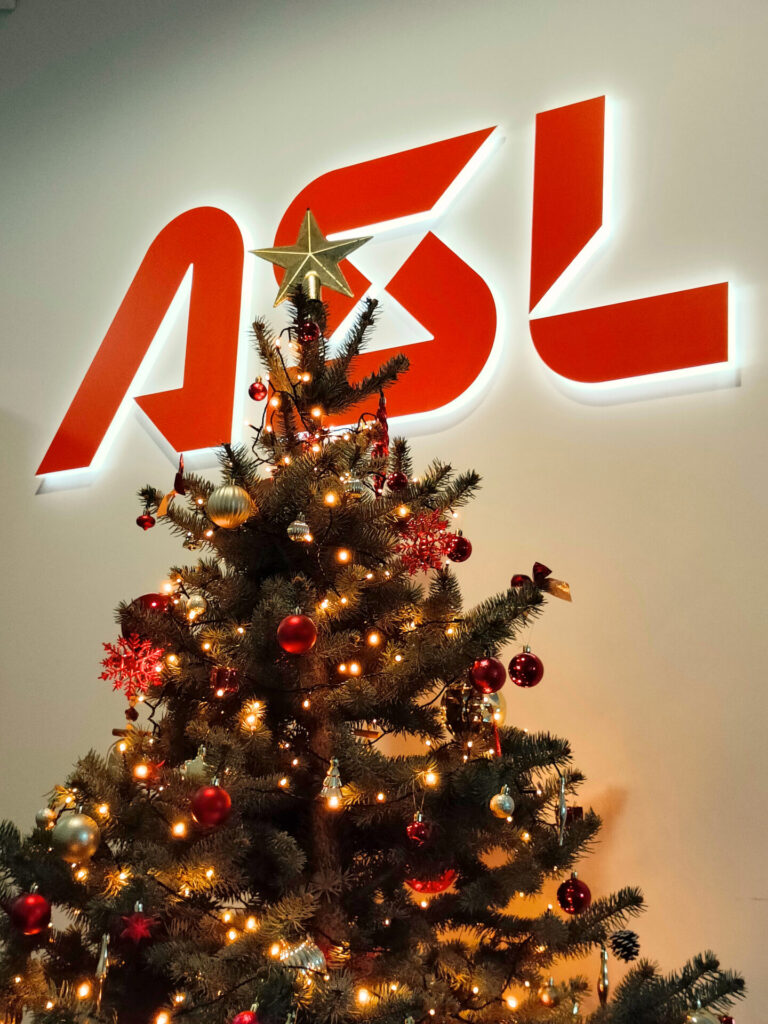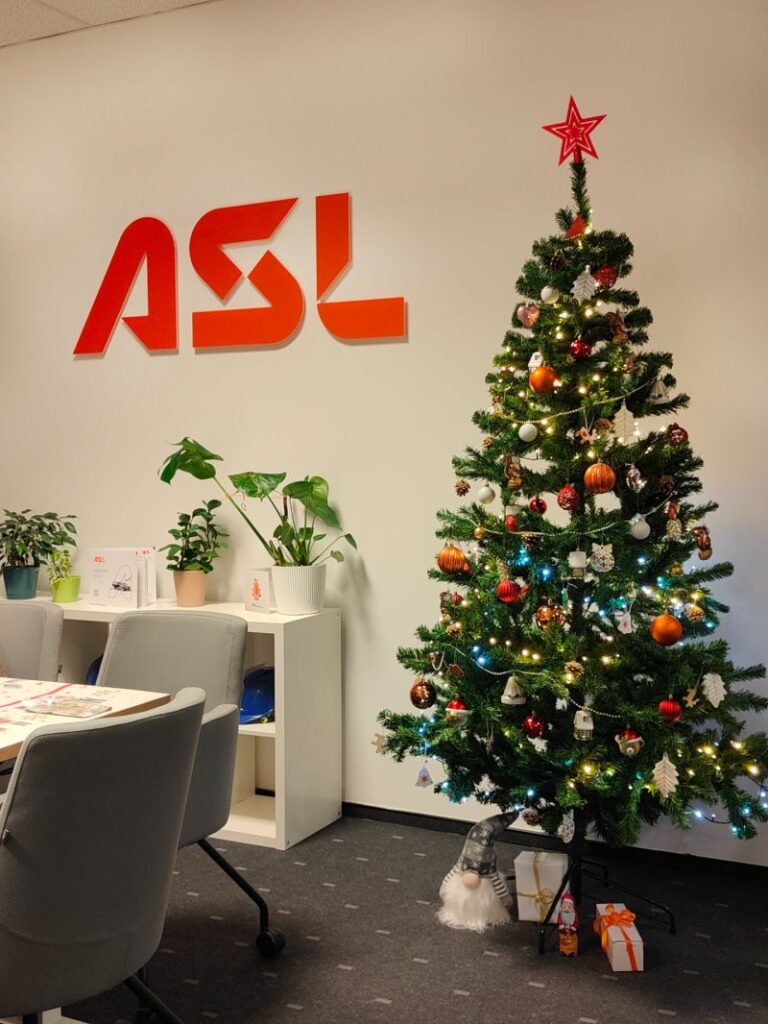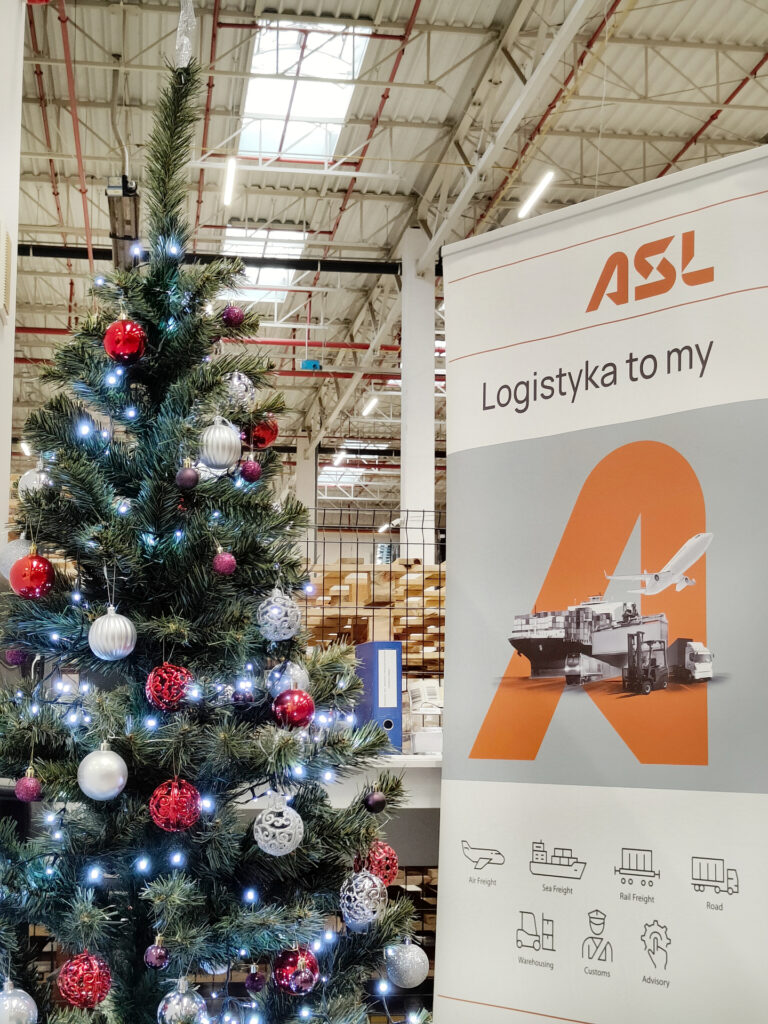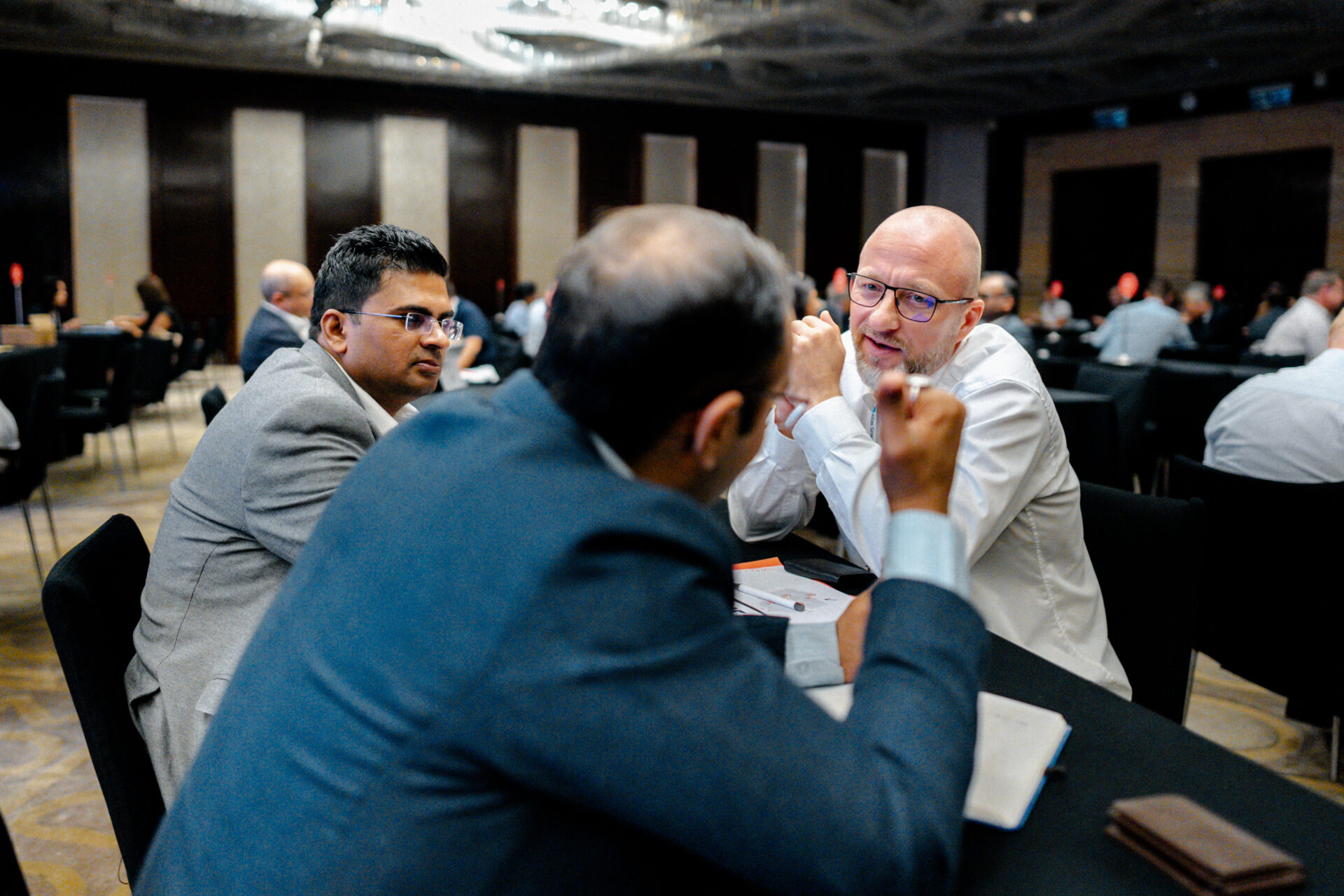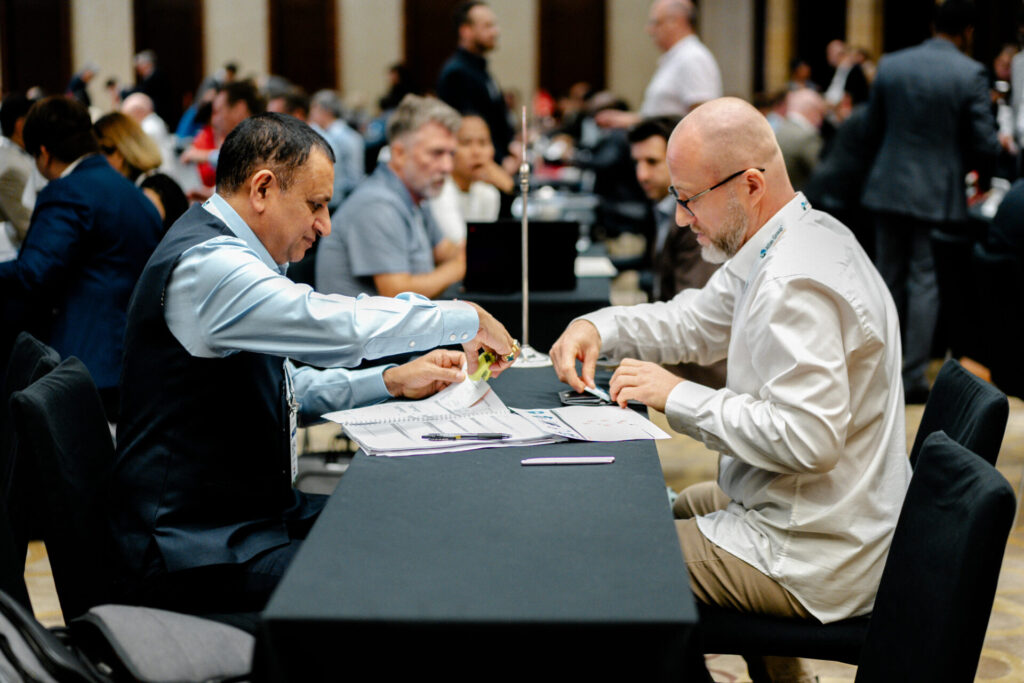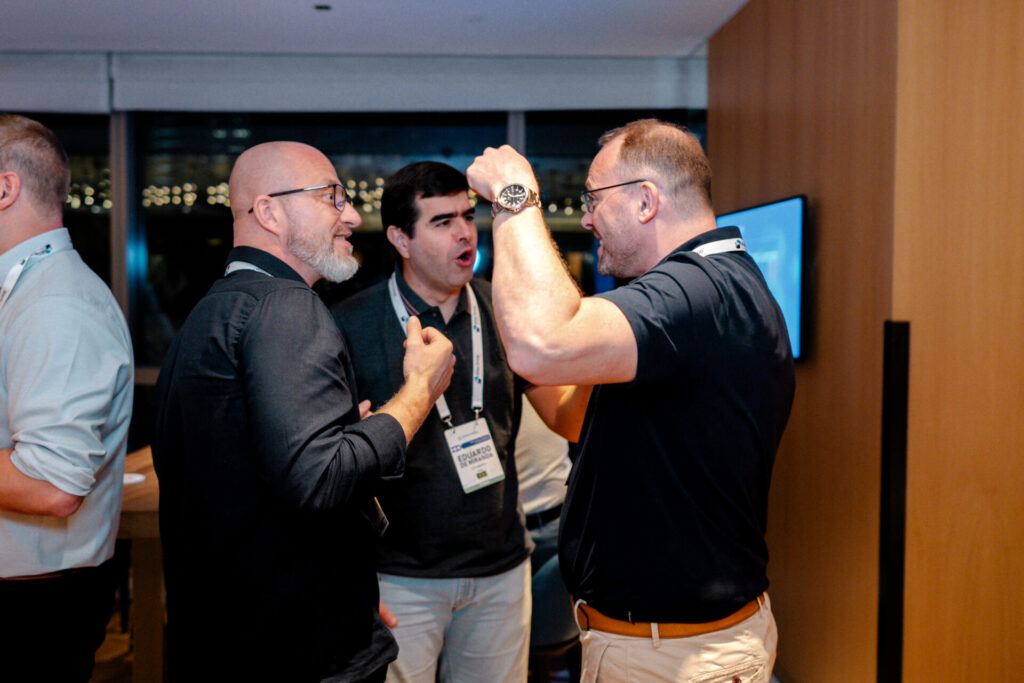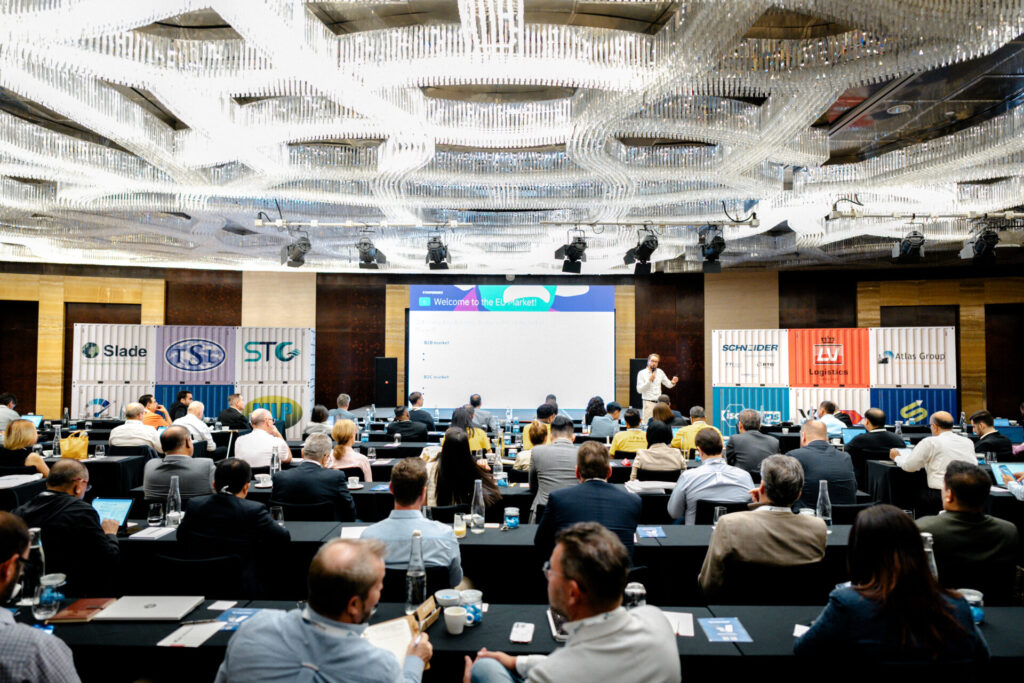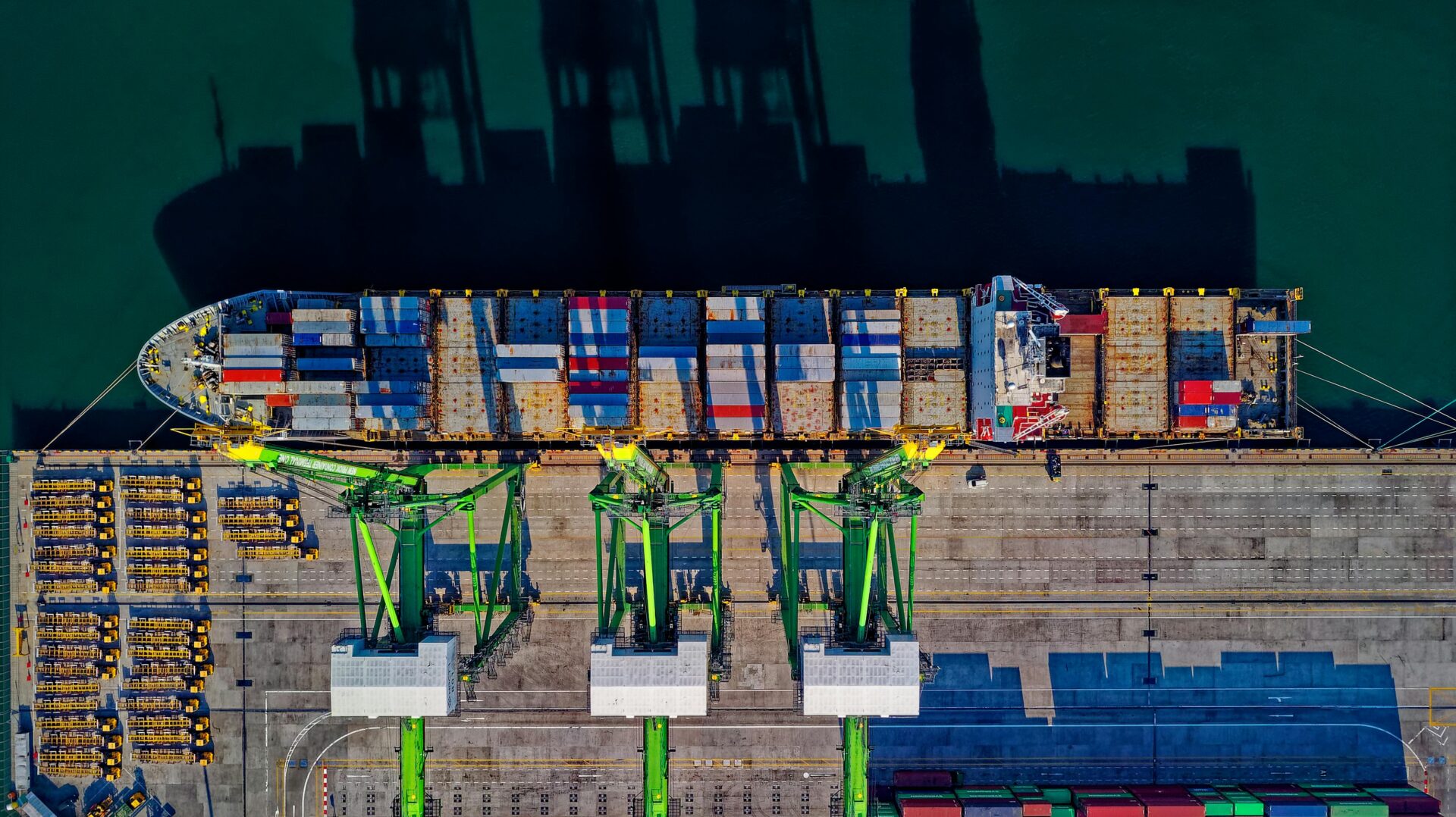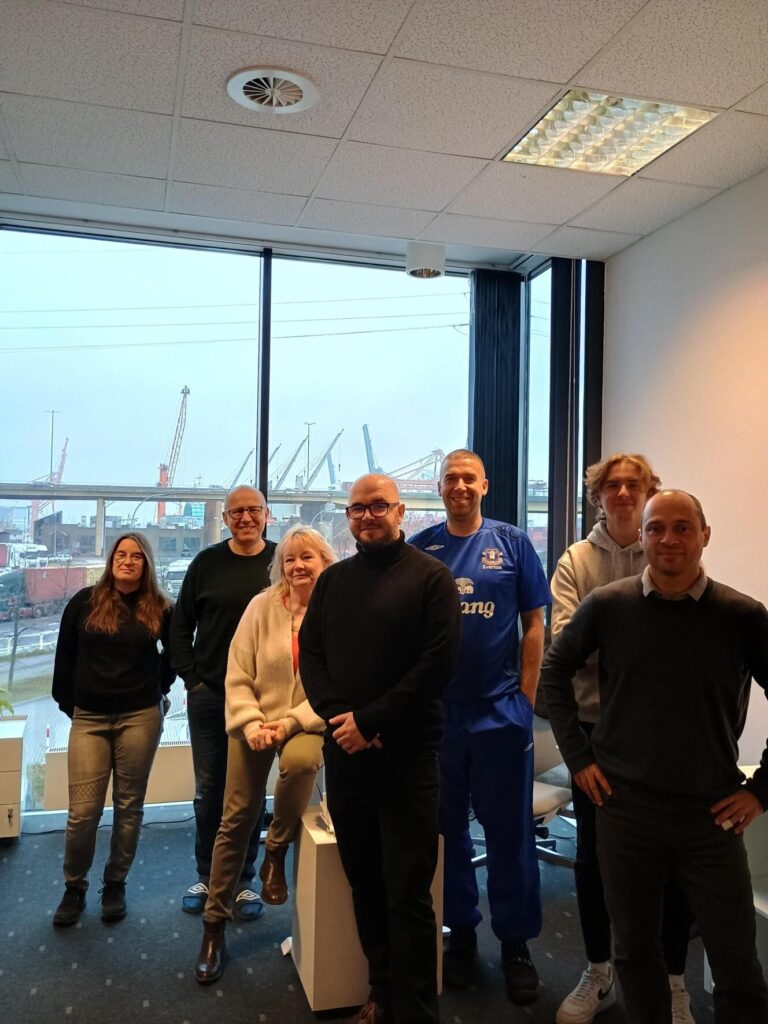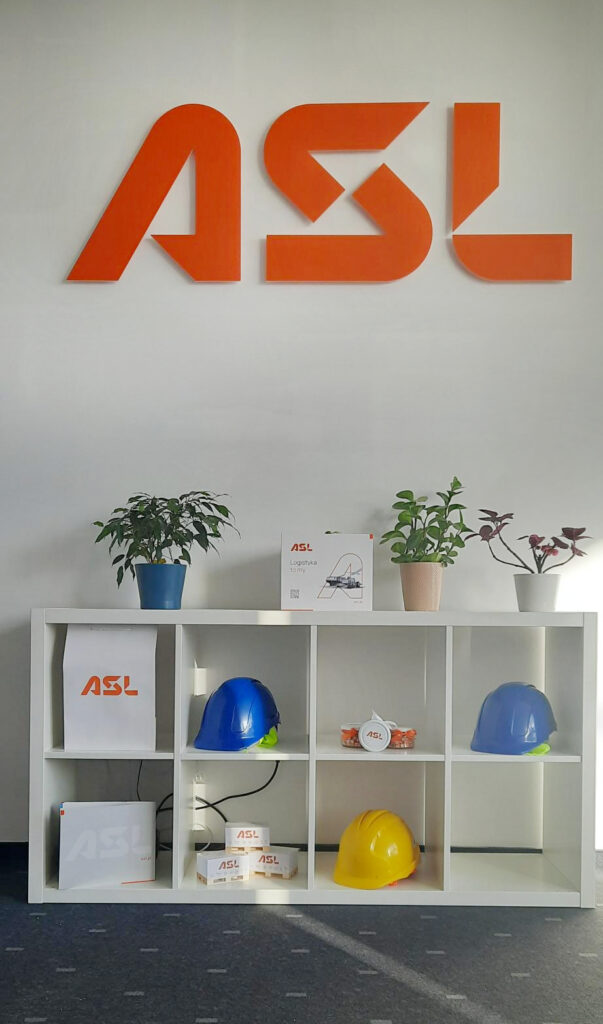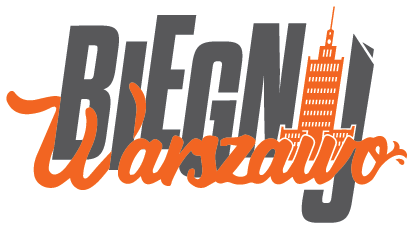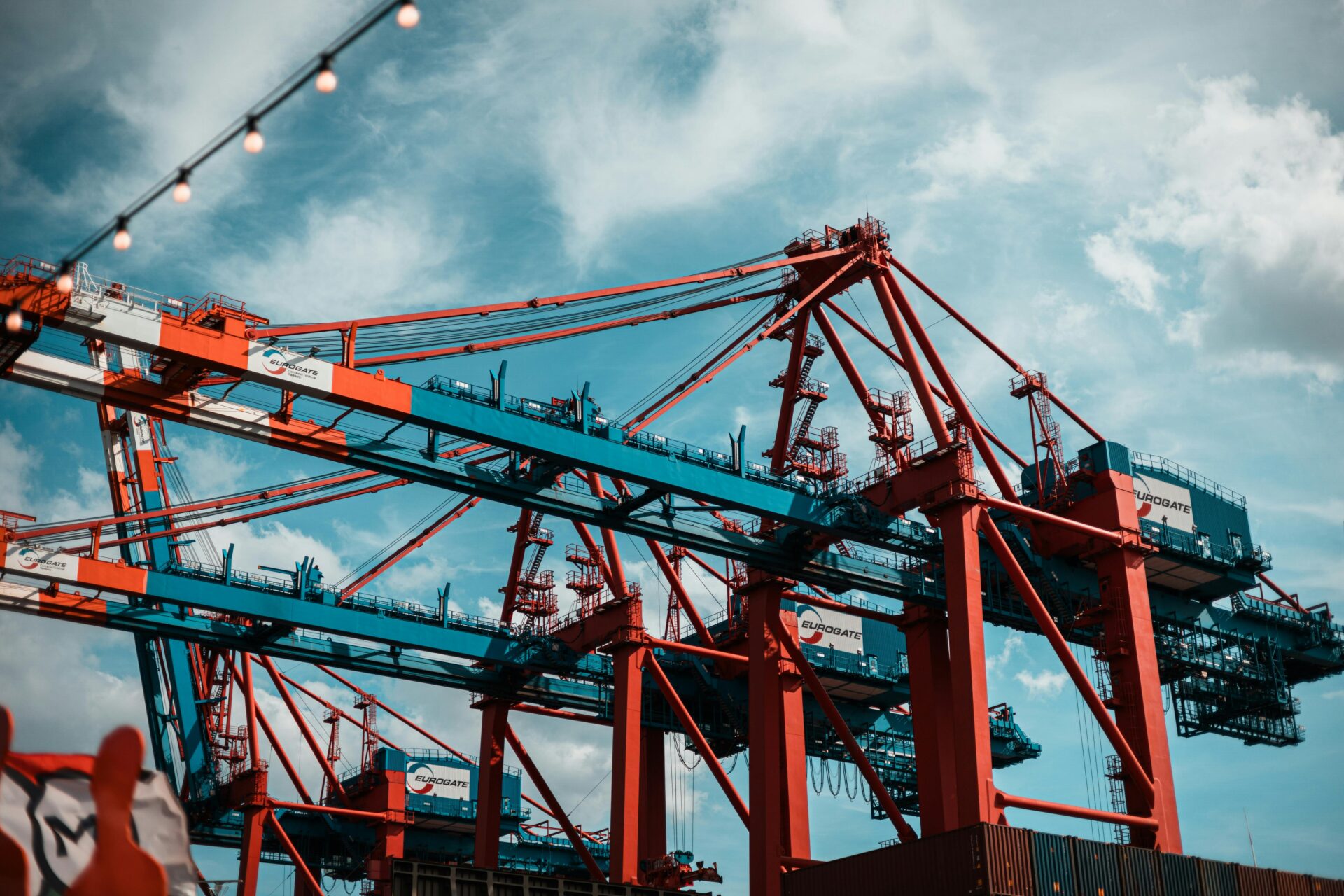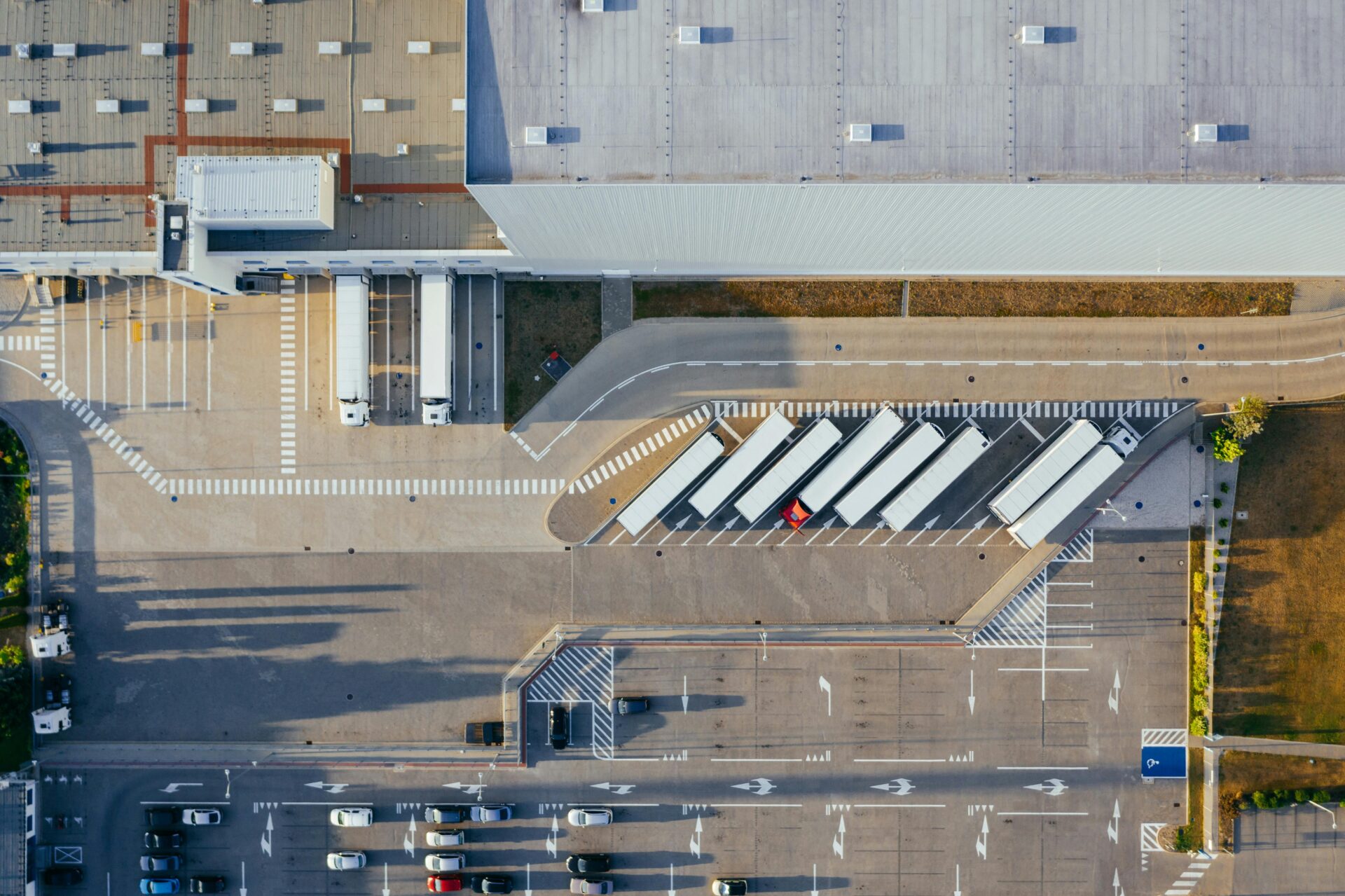Comprehensive logistics services – what does that actually mean?
Comprehensive logistics services is an approach in which the entire logistics process – from goods collection, through storage, labelling and transport, to returns and reporting – is handled by a single operator. In this model, the company outsources its logistics services to a trusted logistics partner so that it can focus on its core business.
When is it worth opting for comprehensive logistics services?
This model of cooperation works particularly well for companies:
- with a dispersed network of customers (retail chains, industry),
- operating in multiple markets (e.g. Central Europe),
- with high requirements regarding timeliness, compliance, labelling,
- implementing a new product or project (temporary campaigns, promotions),
- seeking savings or optimisation of operational processes.
Logistics partner = more than just transport and warehousing
A good logistics partner in a comprehensive service model provides not only physical infrastructure (warehouses, fleet), but also:
- systems such as WMS with IT integration capabilities,
- reporting,
- quality certificates,
- flexible scaling (support for seasonality),
- full transparency and control of operational data.
Benefits of comprehensive logistics services:
- Fewer points of contact (one operator, one contract),
- Reduction of fixed and operating costs,
- Easier business scaling,
- Access to the know-how and solutions used by market leaders,
- Shorter response times and greater operational predictability.
How to choose a partner for comprehensive logistics?
Before choosing a 3PL/4PL operator, it is worth answering the following questions:
- Does the company have its own infrastructure (warehouses, structure, IT)?
- What experience does he have in your industry (chemicals, pharmaceuticals, manufacturing)?
- Does it meet legal requirements and quality standards (HACCP, AEO)?
- Does it ensure an individual approach to the process?
What does comprehensive logistics service look like at ASL?
ASL has been supporting manufacturing, industrial and commercial companies for years in the field of comprehensive logistics services. Our cooperation model is based on three pillars:
- Flexibility – we design the process from scratch or integrate it with the customer’s existing system.
- Compliance – we operate in accordance with HACCP and AEO standards, supported by the IT department.
- Transparency – we provide reports, KPIs, documentation and secure data circulation.
We handle the entire process – from storage, through labelling and picking, to delivery on pallets, in cartons or bulk packaging. If necessary, we can integrate with the customer’s system.
When is comprehensive logistics service not worthwhile?
There are situations when full logistics services are not necessary:
- in the case of micro-enterprises with local distribution,
- one-off or pilot projects,
- no possibility of IT integration or the need for full in-house control.
However, even in such cases, it is worth consulting a logistics operator – it often turns out that some processes are better outsourced.
Summary
Comprehensive logistics services are a solution for companies that want to grow quickly and safely without burdening their operational departments. The key is to choose an experienced logistics partner who will provide the infrastructure, systems and people.

 Contact
Contact 